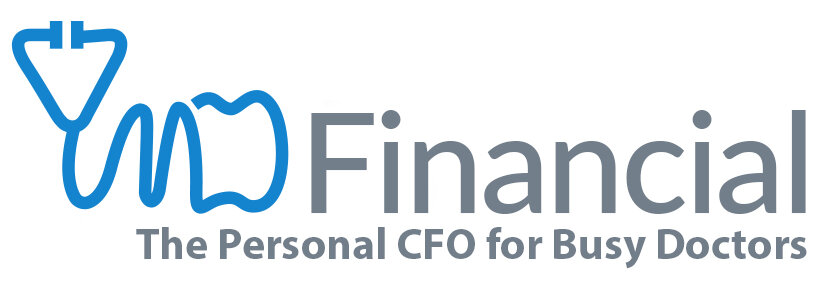Next to funding your retirement, a home is most likely the biggest purchase a person or family will ever make. How do you know if it’s a good decision to purchase a home? In today’s podcast, we are covering 5 things to take into consideration when making this decision.
1. Home Ownership Myths:
Renting is throwing your money away - you have to have a place to live!
If your mortgage payment is the same as your rental payment, then you are ready to purchase
Renting vs. Buying is not dollar for dollar - there are a lot of hidden fees involved in buying
When buying you should put down at least 20%
The growth of a house purchase barely exceeds inflation, whereas if you have 20% to put down and put it into the stock market; you may end up with more in retirement
Homeownership as an investment
An investment is typically something you can sell, and then live off of in retirement. But, once you sell your home, you still need somewhere to live, so this just isn’t considered “a true investment” in our books
2. How well do you know the area?
For doctors moving to a new state, we recommend renting before buying to help familiarize yourself with the area: schools, parks, restaurants, shopping, public transportation, etc.
There are advantages to renting a place when transitioning into a new job with a new employer. You want to avoid a situation of trying to sell a home, while finding a new job in a new location (because the employer where you just bought your house didn’t work out) and having two home payments to account for each month!
3. The Breakeven Point
In a down market, it may take 5-8 years to reach a breakeven point
Remember that you’re not building home equity in the first few years of home ownership
Your mortgage is accounting for high-interest payments and low-principal payments
There are extra costs to take into account when you resell your house
Realtor commission: Typically 6-7%
Closing costs: Typically 2-3%
4. How much home can you afford?
Take into consideration:
Income, taxes, interest rates, student loan payments, retirement savings, living expenses, and other goals
Hidden costs: furniture, house necessities, painting/remodeling, maintenance, lawn care/snow removal, insurance, utilities, etc.
We like to start with a budget that has your biggest goals in mind, and work backwards
Avoid being house-poor
2 to 3x your annual income IF no student debt
5. Can you resell quickly if needed?
When purchasing, if the plan is not to have this house as your “forever home,” talk to your realtor about how quickly the house will resell when it’s time for you to move
In conclusion, home buying can be scary, but if you know where you want to live for a while and have looked at your budget and know you can afford it, purchasing a home could be the right option for you. Feel free to reach out if you’d like to run a personalized budget with one of our advisors and see what price is right for you. Don’t forget to join us next time, as we walk through all the steps of buying a home and how to avoid the big landmines of home ownership.
If you found this helpful, please forward it to colleagues and remember to follow us on social media. We’re always accepting questions/topics for future episodes of our podcast, so write in or call with your suggestions. Finally, you can reach out to us directly for a second opinion on your financial health, by emailing us at Info@mdfinancialadvisors.com.
Listen on Apple Podcast or Google Podcast
CONTACT US
1-888-256-6855
Katherine Vessenes, JD, CFP®, is the founder and CEO of MD Financial Advisors who serve 500 doctors from Hawaii to Cape Cod. An award-winning Financial Advisor, Attorney, Certified Financial Planner®, author and speaker, she is devoted to bringing ethical advice to physicians and dentists. She can be reached at Katherine@mdfinancialadvisors.com.

![Renting vs. Buying a Home for Doctors [Podcast]](https://images.squarespace-cdn.com/content/v1/561feb4ee4b0de0eb30d6d3c/1609970332531-9SXF4DW4ICVAXCLXGS2N/Renting.vs.Buying.jpg)
